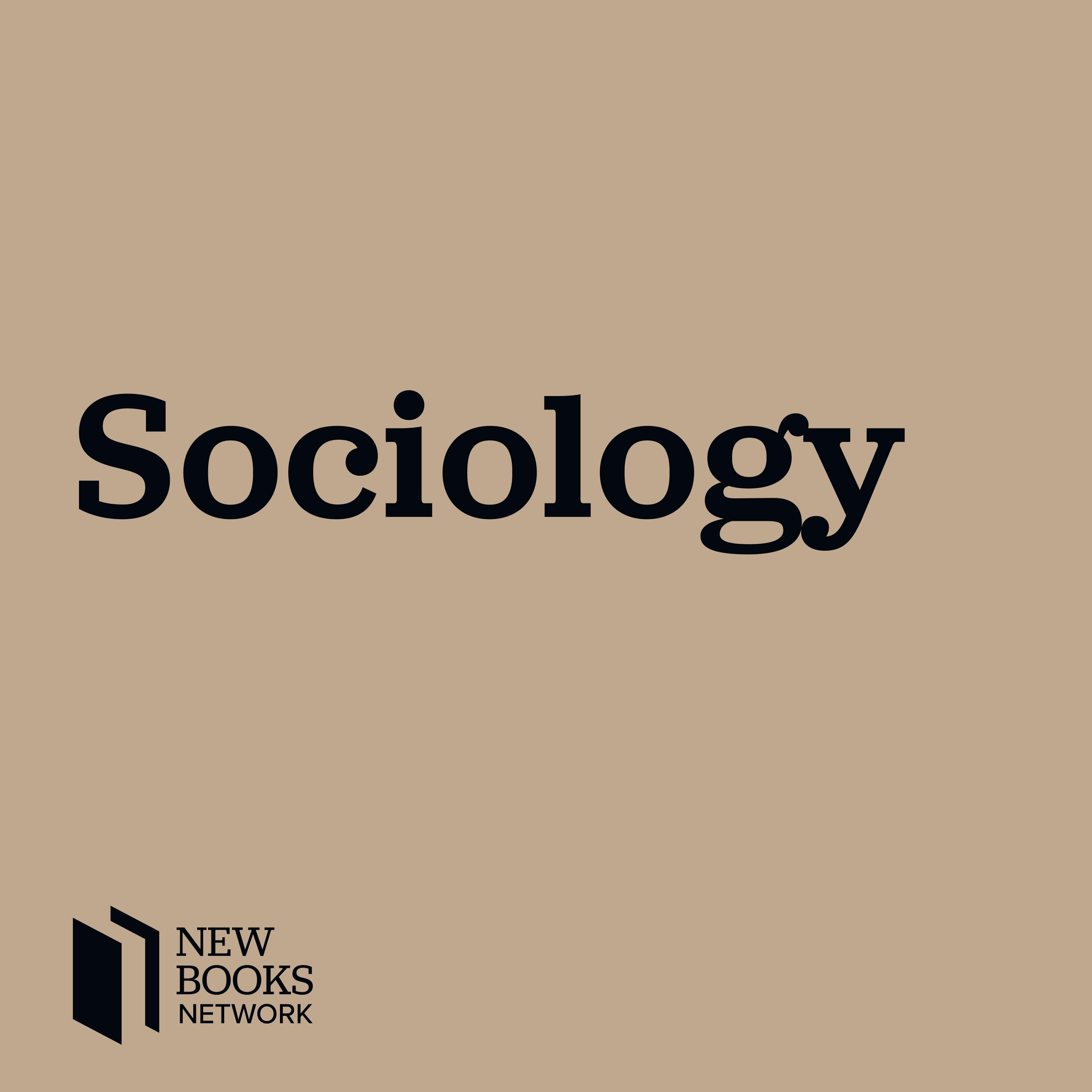
Iván Sandoval-Cervantes, "Oaxaca in Motion: An Ethnography of Internal, Transnational, and Return Migration" (U Texas Press, 2022)

New Books in Sociology
Shownotes Transcript
Migration is typically seen as a transnational phenomenon, but it happens within borders, too. Oaxaca in Motion: An Ethnography of Internal, Transnational, and Return Migration)* *(U Texas Press, 2022), documents a revealing irony in the latter sort: internal migration often is global in character, motivated by foreign affairs and international economic integration, and it is no less transformative than its cross-border analog.
Iván Sandoval-Cervantes spent nearly two years observing and interviewing migrants from the rural Oaxacan town of Santa Ana Zegache. Many women from the area travel to Mexico City to work as domestics, and men are encouraged to join the Mexican military to fight the US-instigated “war on drugs" or else leave their fields to labor in industries serving global supply chains. Placing these moves in their historical and cultural context, Sandoval-Cervantes discovers that migrants' experiences dramatically alter their conceptions of gender, upsetting their traditional notions of masculinity and femininity. And some migrants bring their revised views with them when they return home, influencing their families and community of origin. Comparing Oaxacans moving within Mexico to those living along the US West Coast, Sandoval-Cervantes clearly demonstrates the multiplicity of answers to the question, “Who is a migrant?"
Iván Sandoval-Cervantes is an assistant professor of anthropology at the University of Nevada, Las Vegas. You can find him on Twitter @IvanAntropologo)
Alize Arıcan)* is a Society of Fellows Postdoctoral Scholar at Boston University, focusing on urban anthropology, futurity, care, and migration. Her work has been featured in Current Anthropology), City & Society), JOTSA), Radical Housing Journal), and entanglements). You can find her on Twitter *@alizearican)
Learn more about your ad choices. Visit megaphone.fm/adchoices)
Support our show by becoming a premium member! https://newbooksnetwork.supportingcast.fm/sociology)
